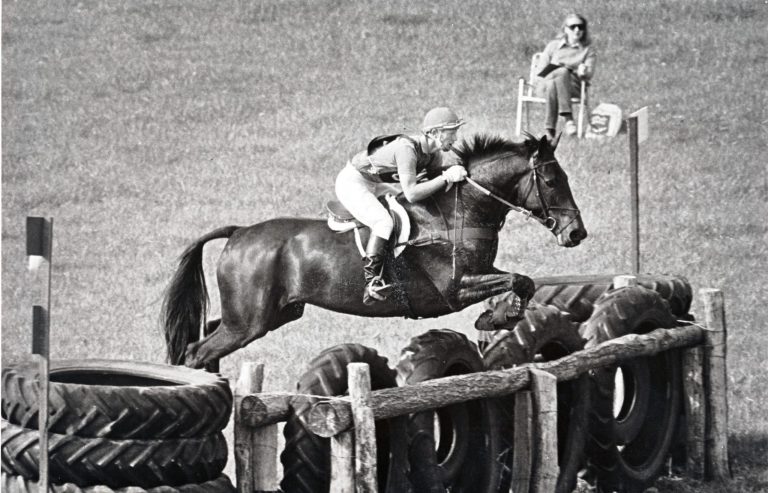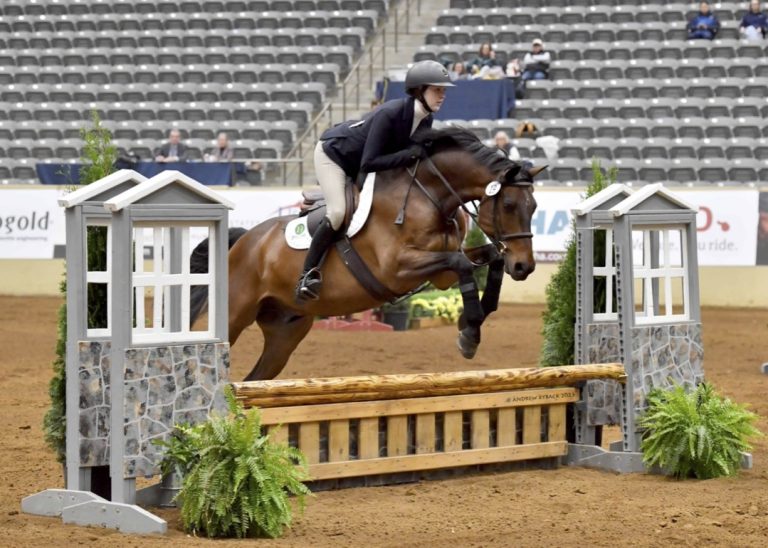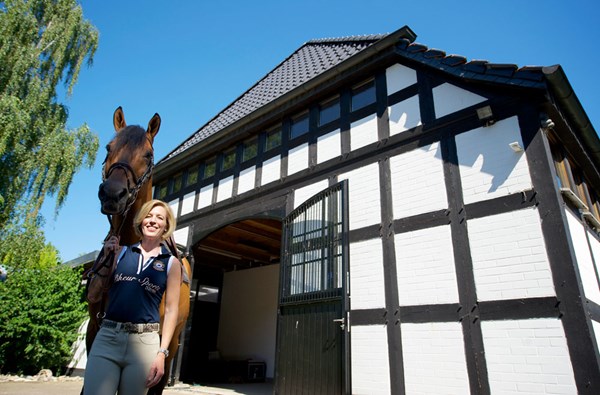
Successful U.S. Junior rider turned German show-jumping team superstar, Meredith Michaels-Beerbaum has blended not only the two countries’ riding styles into her own method—she now is living on both sides of the pond as well. Home for the last 17 years has been a stable on the outskirts of the placid village of Thedinghausen in Northern Germany. The winter months, however, have drawn the world-class rider and her family to an exclusive estate in Wellington, Florida, near the Palm Beach International Equestrian Center. As you’ll see in Practical Horseman’s exclusive look, the two equestrian facilities could not be more different, but both are homes to good, basic horsemanship.
Thedinghausen, Germany
With its 7,600 residents, the small village of Thedinghausen dates back to 1150. But except for some old stones, not much is left from this period. Nevertheless, today’s Thedinghausen, a mixture of quaint homes with exposed wood framing and modern, new buildings, has retained its coziness.
This feeling also characterizes the equestrian facility of Meredith Michaels-Beerbaum and her husband, Markus Beerbaum. The 25-acre farm is located just outside the village, nestled in an expanse of fields. In the spring, an avenue of trees and rhododendron bushes turns the brick driveway into a sea of purple flowers. The drive leads to the barn. It’s whitewashed brick façade is set off by chocolate-brown timbers and roof with a welcoming old wooden door. Just past the barn is the family’s thatched-roof home, complete with a garden and small lake in the back. The facility is the Beerbaum’s little bit of paradise.
The farm’s previous owner, German show jumper and Olympic champion Gerd Wiltfang, had transformed the old agricultural facility into a jumping stable. After his death, Meredith and Markus bought the property in 1997. The stable has 45 stalls that are divided among five separate aisles. These house their own horses and visiting horses from all over the world. Each aisle has its own tack room and wash and grooming stalls. There is a separate area for the farrier so he can do his job without being disturbed. Especially handy: From each of the five aisles, riders can enter the large indoor arena without having to leave the building—a great advantage in a country where it rains often and snow and ice are common in the winter.
Warmer months allow for riding in an outdoor sand arena and a new grass jumping course, equipped with drainage. The facility has a large office, accommodations for eight staff members and an old brick bake house built in 1790 and converted into a snug guest cottage. For the horses, there is a walker as well as many pastures and paddocks.
The retiree herd, including Shutterfly, Le Mans, Stella and Constantine, romps about daily in some of those pastures. “For our active sporthorses, we have smaller paddocks,” says Meredith. Sporthorses are athletes who need physical and mental fitness. “They need a lot of exercise and activity every day and, if possible, relaxation in the paddock. That’s something I think is very important.”
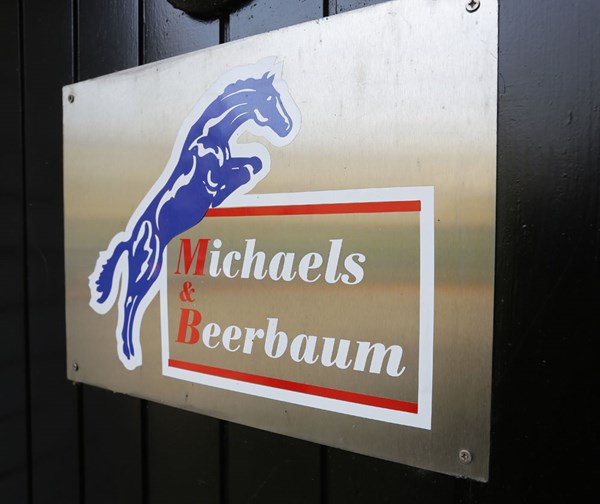
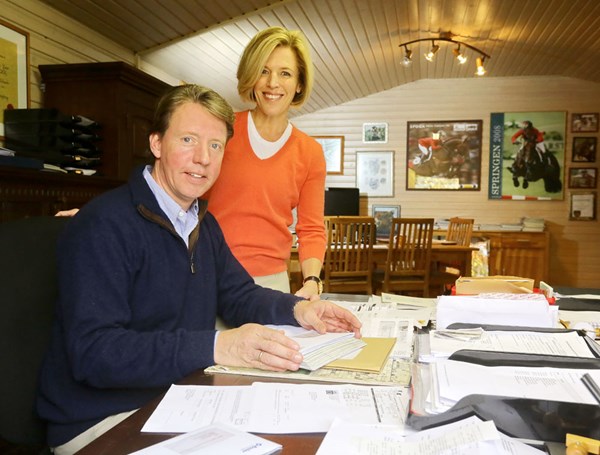
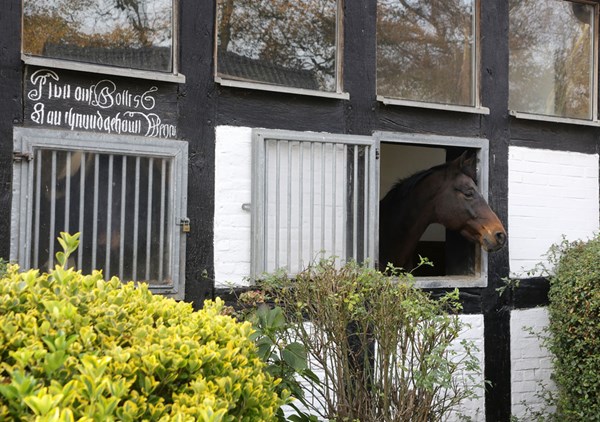
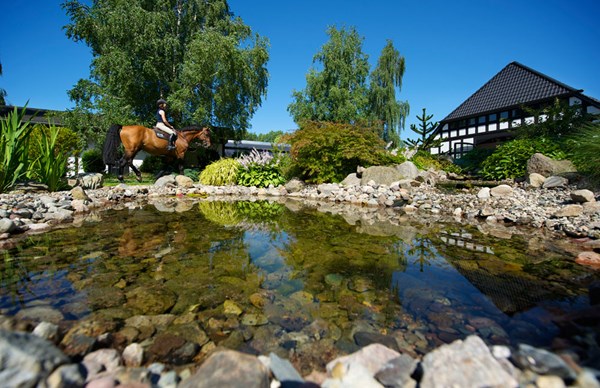
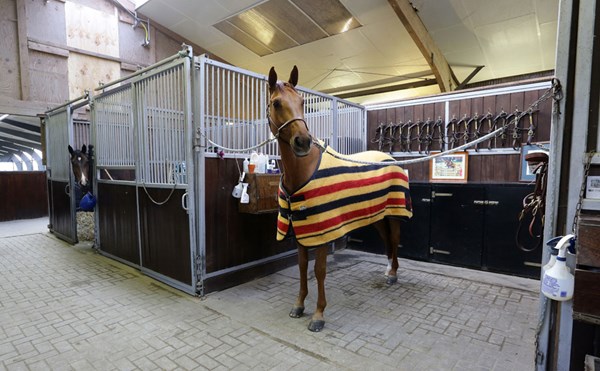
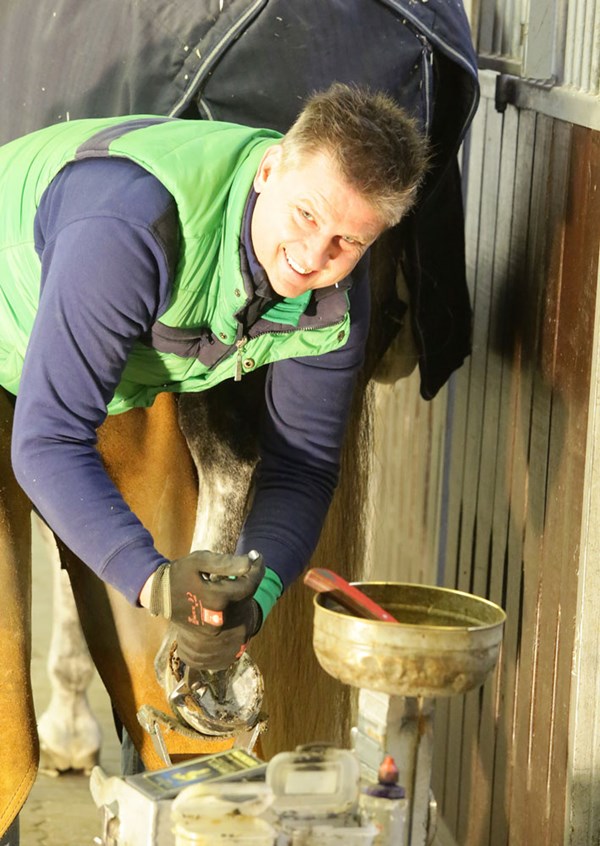
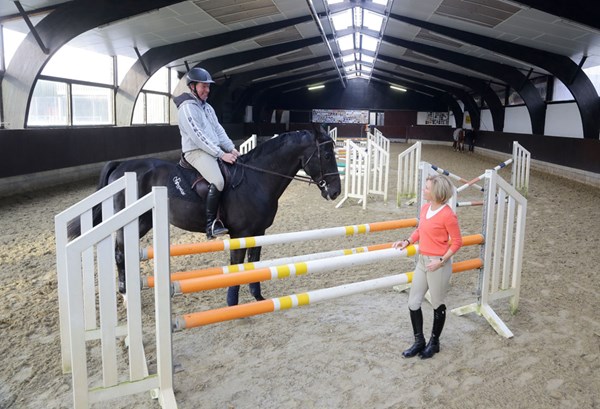
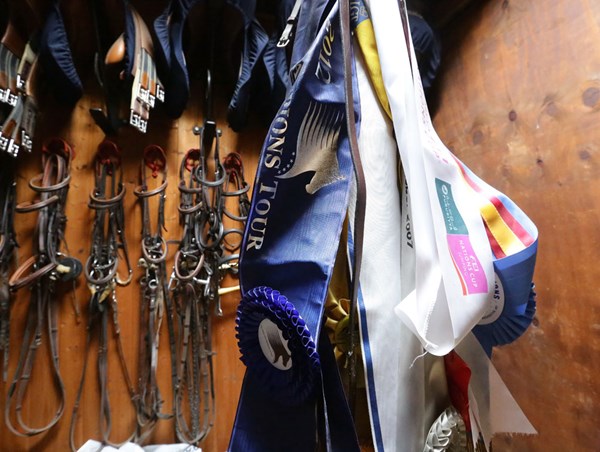
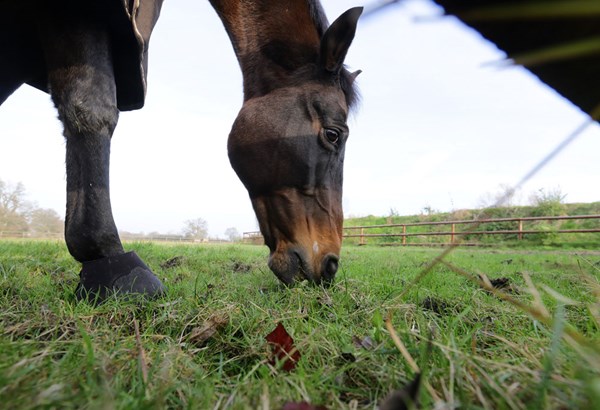
Wellington, Florida
Thousands of miles from their facility in Thedinghausen, the horses have similar accommodations at a nearly 14-acre equestrian center in Wellington, Florida, where the Beerbaums will spend three months competing at the Winter Equestrian Festival. Supporters Kristy and Jim Clark, who own some of Meredith’s top horses such as Fibonacci, Atlanta, Tequila de Lile and Comanche, bought the facility, now named Artemis Farm, early last year. Located near the entrance of Grand Prix Village and an easy walk to the Palm Beach International Equestrian Center, the spacious18-stall Mediterranean-style barn with living quarters is surrounded by manicured lawns and palm trees and large pastures and smaller paddocks. The stable’s high wood-paneled ceilings provide a perfect climate for the horses even in the summer. The human inhabitants occupy an owner’s apartment, a one-bedroom manager’s apartment and a two-bedroom grooms’ apartment.
Previously home to Everglades Dressage Stables, the facility was renovated to suit the needs of show jumpers. The outdoor dressage arena was enlarged to accommodate jumping and a large, grass jumping arena was developed. The footing in the riding areas, which include a covered arena, was overseen by German footing expert Karsten Koch, whom the Beerbaums flew in specifically for the job. Karsten, who worked as an expert at the 2008 Beijing Olympic Games, customizes footing for riding arenas, taking into consideration the subsoil, climate and temperature. “Karsten is also in charge of the footing in our stable in Thedinghausen,” Meredith explains. “For the health of a sporthorse, good footing is a must. And we also wanted the best soil for the facility in Wellington, one that does not get stony in the sun or muddy in the rain.”
Whether the Beerbaum’s horses are in the German riding facility nestled in the quaint countryside with its roots in farming or the ultra-chic Wellington equestrian center that neighbors a giant show complex, they are surrounded by the basics of good solid horsemanship. Says Meredith, “The two stables unite the best of two worlds.”
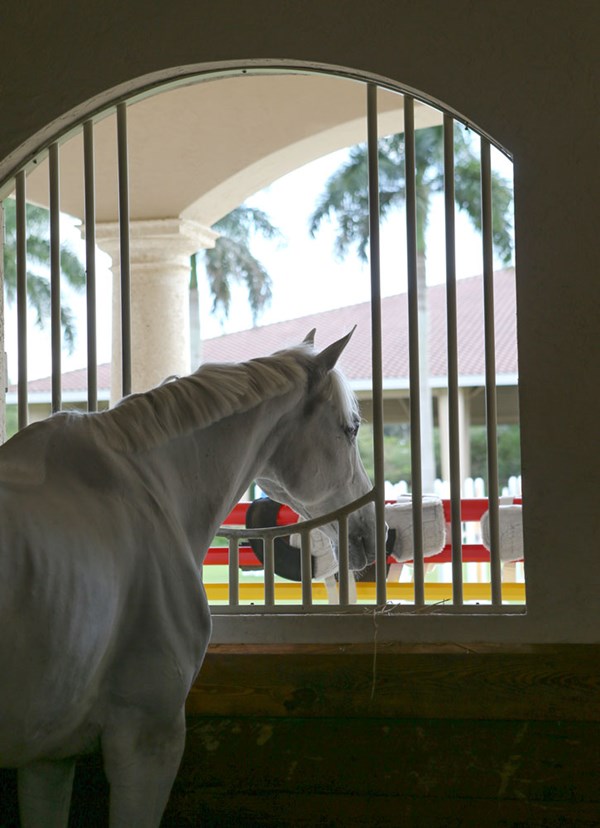
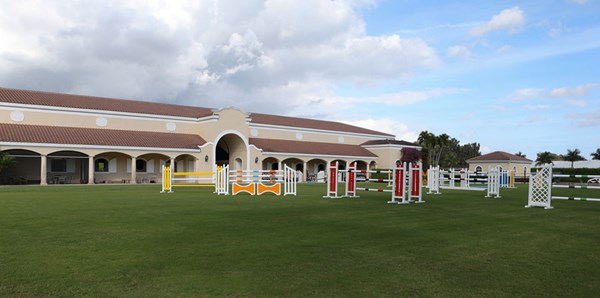
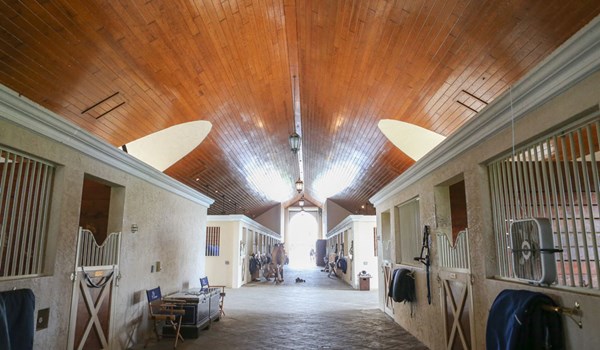
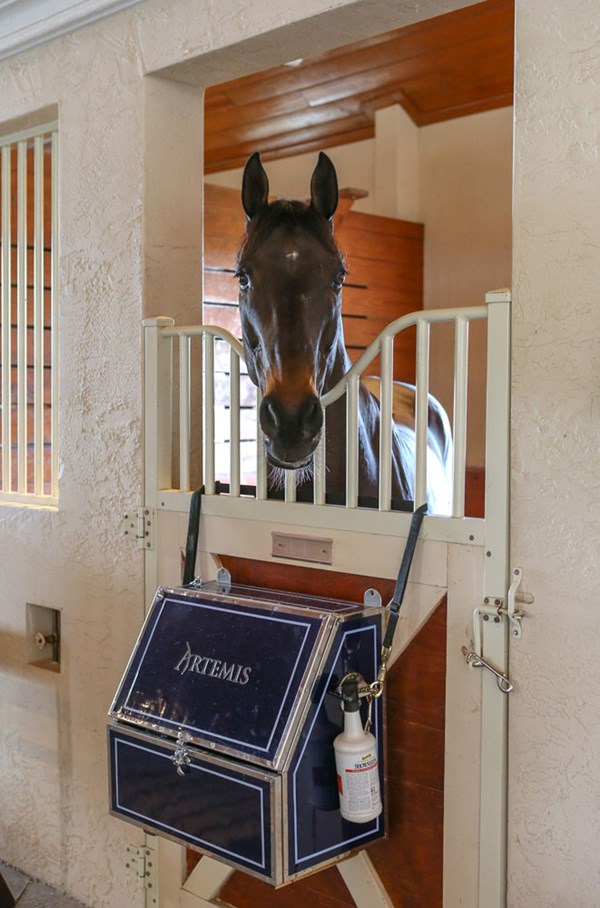
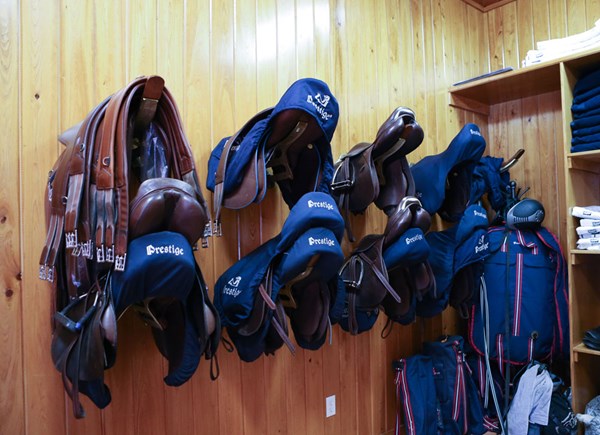
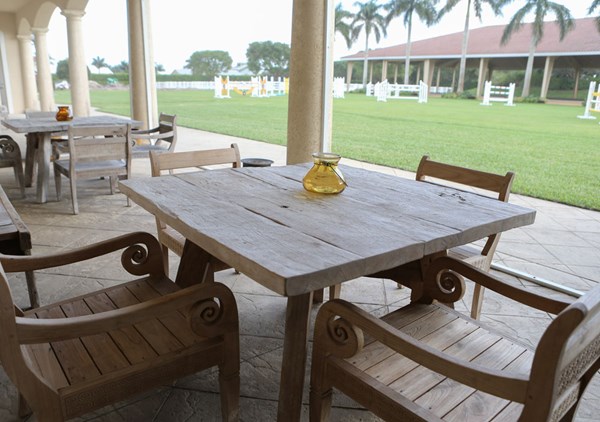
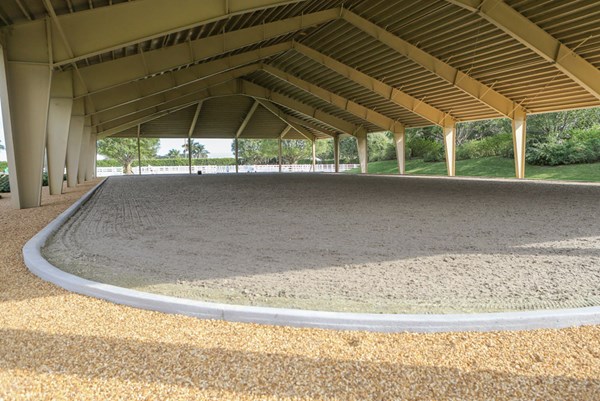
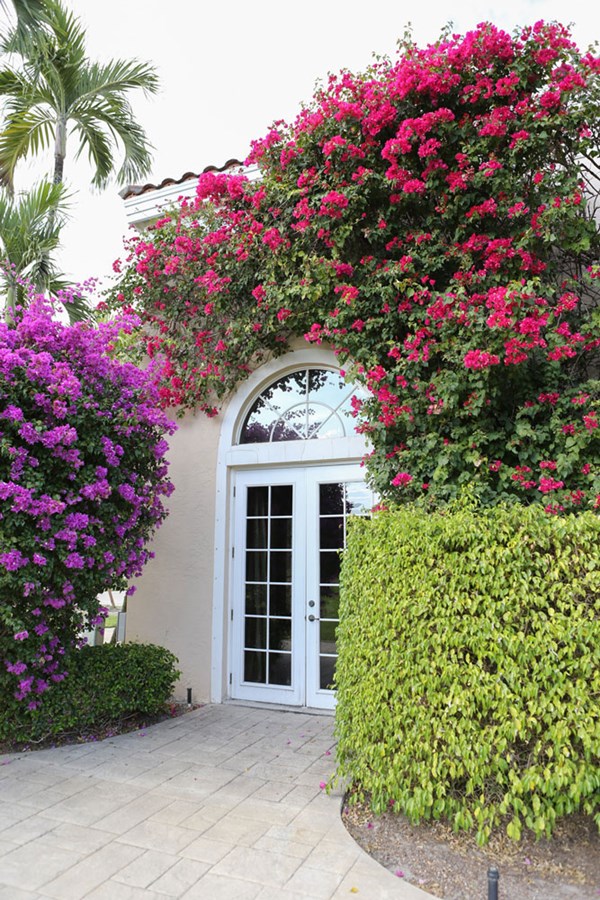
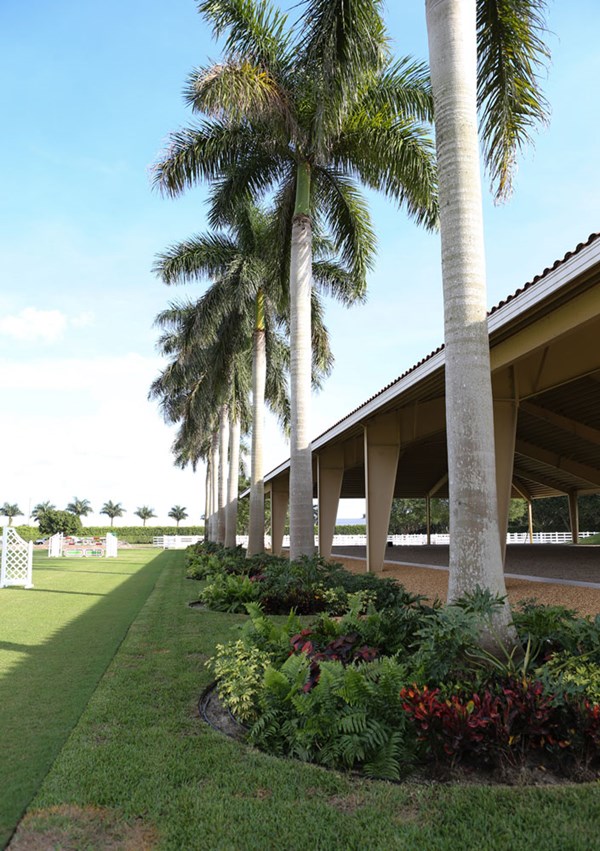
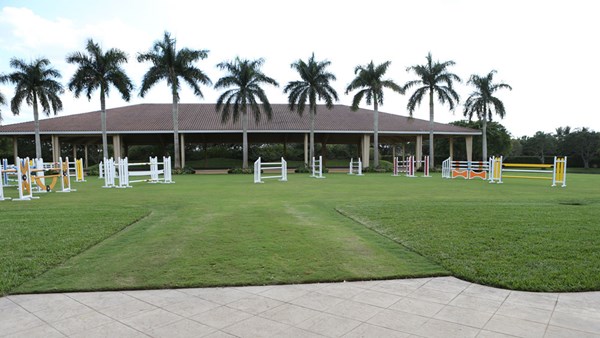
This article originally appeared in the March 2015 issue of Practical Horseman.







